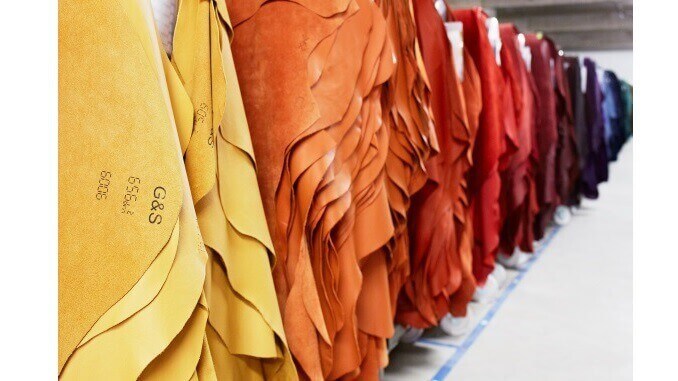The polyurethane-based leather covers the outside of the laptop, while the inside is all metal. Compared with real leather, the vegan alternative has the advantage that it is thinner and less bulky. It also bonds more easily to the laptop, meaning less material is required.
The Elite Folio uses an ARM processor, making its hardware less complex than other similar laptops. This means that despite the added cover, the laptop is no heavier than others of the same size.
It is also more sustainable than most laptops, with a chassis made from 90% recycled magnesium and speaker enclosures made from recycled plastic. The laptop has 5G and pulls forward to convert into a tablet.
The rise of vegan leather

As consumers become more aware of the ethical and environmental issues with conventional leather production, the use of vegan leather is becoming more widespread across a range of sectors. For example, the automotive industry is now increasingly turning to animal-free alternatives for car interiors.
A report last year predicted that the vegan leather industry would be worth $89.6 billion by 2025. The previous year, an analysis by Market Research Hub found that the leather industry was set to be redefined by animal-free innovations, particularly sustainable alternatives such as pineapple and cactus leather.
So while HP’s new laptop is a step forward, some may argue that a shift from petroleum-derived vegan leathers to fully biodegradable alternatives is needed for true sustainability.
No comments:
Post a Comment